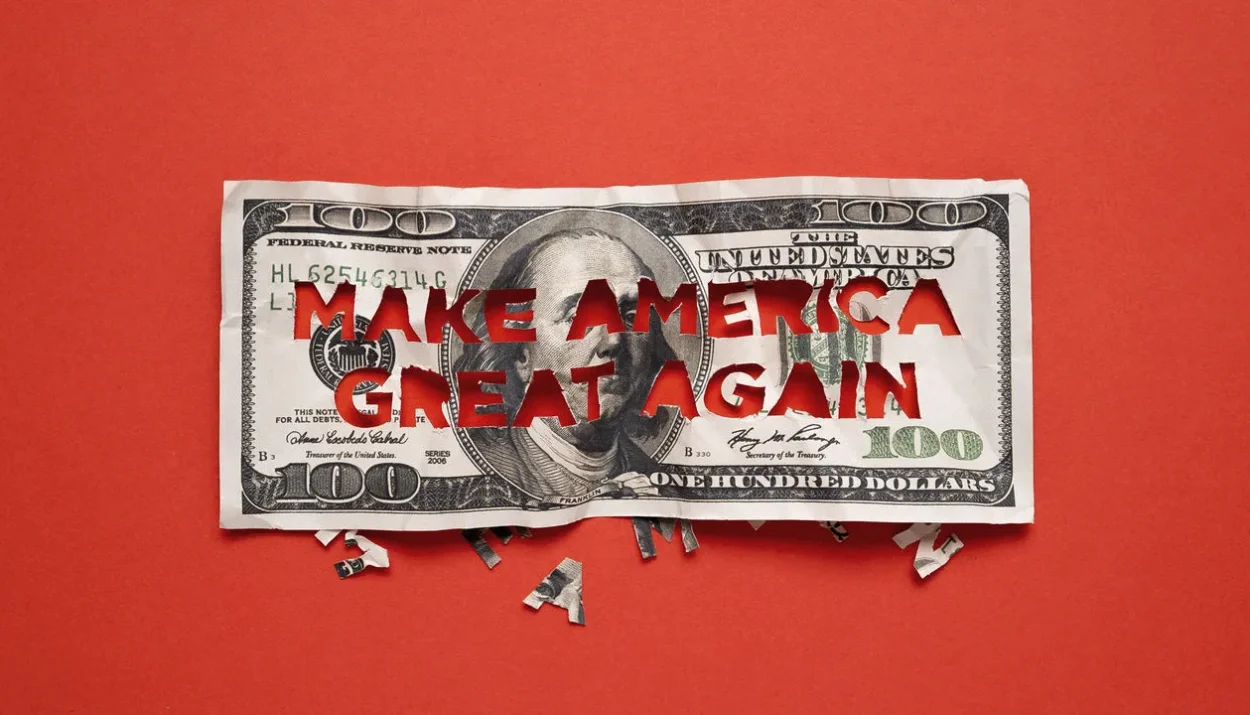On Wednesday, March 26, 2025, President Donald Trump announced a series of significant trade measures aimed at reshaping the U.S. automotive industry and addressing trade imbalances.
Key Announcements:
- 25% Tariff on Imported Automobiles and Parts: Effective April 2, a 25% tariff will be imposed on all foreign-made cars and auto parts entering the United States. The administration projects this move will generate approximately $100 billion annually and bolster domestic manufacturing by encouraging automakers to produce vehicles within the U.S.
- Permanent Nature of Auto Tariffs: President Trump emphasized the enduring nature of these tariffs, stating, “This is permanent.”
- Reciprocal Tariffs on April 2: The President announced plans for reciprocal tariffs to be implemented on April 2, targeting all countries. He noted that in many cases, these tariffs would be less than those currently charged on U.S. goods.
- Potential Incentives for American-Made Vehicles: To offset some of the tariffs’ impact on consumers, President Trump proposed allowing a tax deduction for interest on auto loans for American-made vehicles.
- Impact on Tesla and Electric Vehicles: Addressing concerns about how these tariffs might affect electric vehicle manufacturers like Tesla, President Trump remarked that the tariffs would be “net neutral or maybe good for $TSLA.”
Market Reactions:
- Stock Market Fluctuations: Following the announcement, shares of major automakers experienced volatility. General Motors saw a decline of approximately 3%, while Ford’s stock remained relatively stable. Stellantis, the owner of Jeep and Chrysler, experienced a drop of nearly 3.6%.
International Response:

- European Union’s Stance: European Commission President Ursula von der Leyen expressed regret over the U.S. decision to target auto exports from Europe, stating that tariffs are detrimental to businesses and consumers on both sides.
- Canada’s Reaction: Canadian Prime Minister Mark Carney labeled the tariffs as a “very direct attack” and pledged to defend Canadian workers and companies.

Additional Measures:
- Tariffs on Other Imports: The President also highlighted plans to impose tariffs on other sectors, including computer chips, pharmaceutical drugs, lumber, and copper, as part of a broader strategy to address trade imbalances and support domestic industries.
These announcements mark a significant escalation in the administration’s trade policy, with far-reaching implications for the global automotive industry and international trade relations.
Related:
Here Are Attack Plans That Trump’s Advisers Shared on Signal
Auto Stocks Fluctuate Amid Anticipation of New Trump Tariffs
Nvidia’s China sales face threat from Beijing’s environmental curbs










